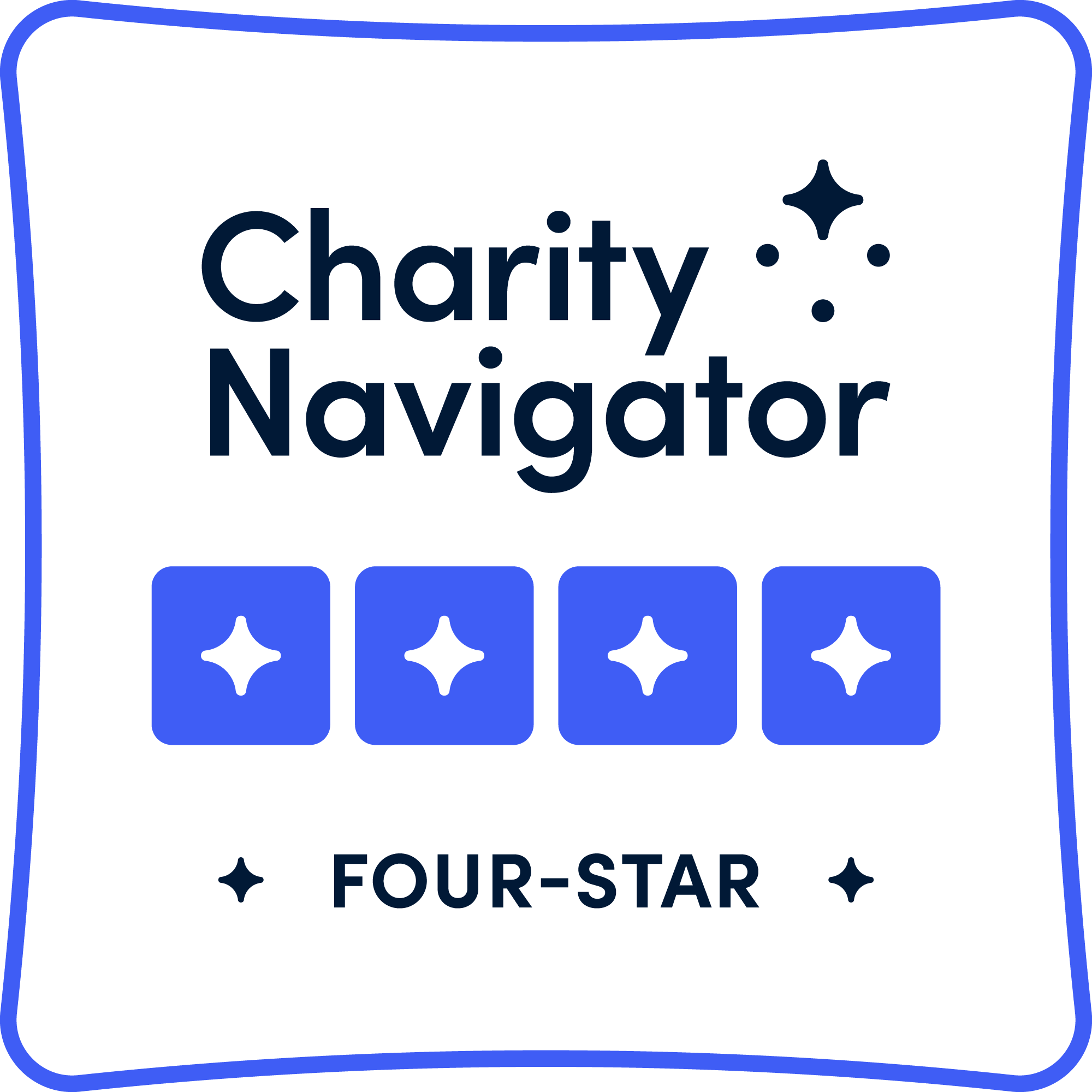Many small private colleges are in trouble. And their students, even their business students, are not creating new businesses or social ventures at a meaningful rate.
The data and anecdotal info tell us that the smaller private colleges are having difficulty attracting and retaining students, finding donors, and keeping their doors open. And, their students are looking for more practical courses, leading them more directly to meaningful careers, the ability to pay off their crushing debt, and create solutions to nagging social problems that plague us.
Social entrepreneurs are entrepreneurs who act with purpose for the ‘4P’s’: people, profit, planet and place, creating sustainable communities via more intentional and sustainable social ventures. As a serial social entrepreneur, I looked at these convergent issues and saw multiple possibilities, because that’s what we do: help institutions and individuals “make meaning, make money and move the world to a better place.”
Social entrepreneurship is a relatively new term in the business world. It has several divergent models, but essentially it means the creation of an innovative “social venture” built on a sustainable business model that addresses a local, or global, social or environmental issue. Examples of social ventures include a battered women’s shelter in India that protects women, but also pays them to create handmade products sold to keep the place open and growing; a community ride-sharing platform for people with health or economic issues, the vehicles driven by qualified users; an anti-bullying app for college students, training them for social service work.
Looking at the glaring needs of colleges and their students, we saw an opportunity. In 2015, GCSEN was created, the not-for-profit Global Center for Social Entrepreneurship Network Foundation. Having backgrounds in academia, the business world, and as social entrepreneurs dedicated to GCSEN’s “4P” social entrepreneur model, we first created curricula for our campus partner colleges to infuse “SE” into their existing programs. We developed successful Boot Camps for college students and adult learners who expressed interest in opening their own social ventures. And we’ve been instructing students at Wheaton College, SUNY New Paltz, and at St. Peter’s University based on our SE 101-103 course curricula.
According to Moody’s, at least 25% of private colleges are now running deficits, as the old business models for higher education schools isn’t working. Harvard Business School Professor Clayton Christensen predicts that 50% of colleges and universities will close or go bankrupt in the next decade, due to high operating costs and the inability to attract students who can use on-line learning, avoiding some of that killer debt. Students are looking for affordable, accessible and convenient educational options that connect the dots between aspiration and real-world application. Millennials and adult learners have responded to GCSEN’s innovative career options, guiding them to see the world as active “”4P” Social Entrepreneurs.
Dr. Jay Rao says, “Millennials have a great mindset, worldly knowledge and networking skills. They know how to connect the dots and are natural collaborators, an essential shill in business creation. They are in a position to be great entrepreneurs, great innovators. The challenge is to engage them, where they can experiment and solve tough problems. GCSEN’s programs directly fulfill that mission.” Dr. Rao teaches at Babson College Executive Education Program and at Babson’s MBA Program. He is on GCSEN’s Strategic Advisory Board and is a corporate advisor for implementing innovation initiatives in firms, corporate entrepreneurship and customer experience innovation.
To address these issues, GCSEN created new learning platforms and services. The social venture Internship (SVI) is a unique blended learning series of on-line courses with live coaching, where enrollees learn the basic principals of business creation and sustainability, learning to pitch and finally “intern” on their own social venture idea. Liberal arts institution Vassar College (NY) has begun a pilot project with GCSEN, sponsoring students to enroll in SVI.
For our Campus Partners, we’ve created a Consulting Service, to assist them in attracting parents of prospective students, and donors interested in supporting SE on campus. Vassar and other colleges have indicated to us that parents of prospective students love the Liberal Arts, but want them to get a more practical education, directly leading to a meaningful career. In fact, GCSEN was essential in securing a $10 million donation to Wheaton College from the Diana Davis Spencer Foundation (MD), specifically due to that philanthropy’s interest in social entrepreneurship. Other colleges and agencies are paying attention.
For adult learners, Veterans and special needs populations associated with social agencies, GCSEN has created a modified Social Venture Apprenticeship (SVA) Program, designed to help enrollees develop self-confidence and business acumen, while “apprenticing” on their own social Venture” enterprise. Millennials especially have expressed interest in SVA, as they’ve left college, have unfulfilling gig jobs, and have a desire to be self-employed or have careers in sectors that help others.
Understanding that high school and college faculty, administrators and social agency staff have a strong desire to learn about the benefits of social entrepreneurship for their institutions, students and clients, GCSEN has developed a new Faculty and Administrator Certification course via our Social Venture Research Institute, which is also the publication arm of our organization.
To date, our accumulated results are excellent. Graduates of programs receive certificates and often college credits, but they also get valuable practical SE knowledge not readily available elsewhere. Grads get the mentorship they need, and see their resumes built up, including a professional reference. Most importantly, they get real-world business experience and gain the confidence needed for next steps in their lives. Enrollees report increases in self-knowledge and confidence, business vocabulary and basic skills and a nearly 100% rating of willingness to recommend our programs to others. Most importantly, GSCEN experiences are ranked highly as “life-changing” by enrollees, who have a business formulation rate near 50%, far above the typical campus average. In fact, GCSEN Campus Partner students’ business formulation rate is between 10X – 50X higher than at non-GCSEN campuses.
Just last week at SUNY New Paltz, GCSEN’s Managing Director of Global Learning Platforms, Adjunct Lecturer Tony DiMarco’s Social Entrepreneur course required students to design pitch decks for new social ventures. Students pitched selling healthy, packaged meals for inner city students; developing a home composting / recycling trash unit; creating a ride-sharing program for college campuses; and building a modular furniture solution for classroom reconfiguration. The SUNY New Paltz School of Business awarded the winning 1st place pitch deck team, Coact Furniture, with a $3000 prize. Winner Mike Brennan said, “It was an amazing experience. I’ve thought about starting my own business for a long time, and to get in this SE class and learn what we have in such a short amount of time has been great.” Brennan plans to put his winnings back into the company and already has interest from outside sources.
Social entrepreneurship in this context makes a dynamic statement, reflecting the needs of students, adult learners and institutions, each seeking ways to be innovative and sustainable, while addressing institutional and community or global issues.


